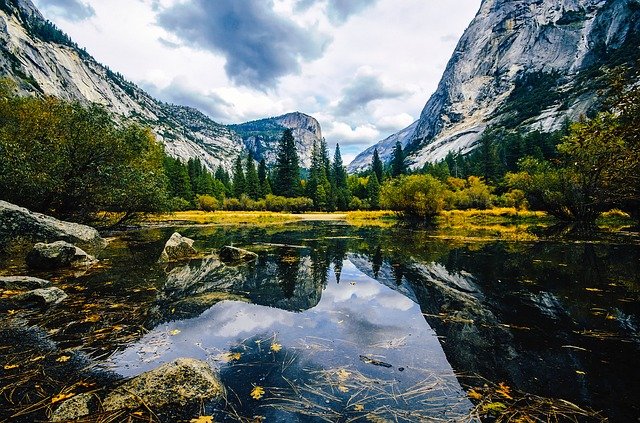 Sometimes our language becomes so internalized, that we forget to question the meaning of a word or phrase. Take the phrase “life after death.” If we really think about it, that doesn’t even make sense. Maybe a better phrase would be “life after life.” Or maybe “existence” after death. Either way, we are quick to wrap it up in the heaven-or-hell package that is central to most of the Christian community.
Sometimes our language becomes so internalized, that we forget to question the meaning of a word or phrase. Take the phrase “life after death.” If we really think about it, that doesn’t even make sense. Maybe a better phrase would be “life after life.” Or maybe “existence” after death. Either way, we are quick to wrap it up in the heaven-or-hell package that is central to most of the Christian community.
It is the concept that most of us grew up with. We live, we die, and, if we have fully embraced the Christian message, we go on to heaven. Somehow, that whole package is wrapped up in our minds as just that – a package. We seldom, if ever, stop to dissect that package and analyze the components – the language. And what is language, but a representation of an image, thought, or action?
If we truly reflect on it, we will recognize that we have blindly accepted the image or definition of any number of the words we use to describe our understanding of Christianity. Hundreds of years of the usage of those words have solidified them in our minds. Meanwhile, artists and Hollywood movie-makers have served to amplify those images until they become fixed in our mental vocabulary.
Consequently, when we use the expression “life after death,” we are tapping into that universal memory that defines heaven as a place rather than a state of existence. Likewise, we visualize an existence in heaven as an extension of our earthly, human experience, because that is all we know. Yet, to do so is a denial of the possibility that the spiritual being that continues after physical death occupies a realm that cannot be sensed, described, or understood by the human form.
Is it possible that the “afterlife” is, at least, partially comprised of the expectations of the spiritual being that is released and has transitioned from the physical life in the process we call death?
One hint of this concept is the reports from those who have described experiencing death and then returning to life. While most of these reports contain some common elements such as a brilliant white light or a feeling of being loved, there is another element that seems unique to each individual. The setting, or scenery, or furnishings of their temporary visit varies. The implication is that the spiritual realm may actually be partially composed of the vision or desire of the occupant of that realm. In that sense, perhaps each of us creates our own version of heaven.
If we are to fully appreciate our “life after life,” perhaps we need to begin to design our spiritual future home by embracing love and gratitude in this life.
